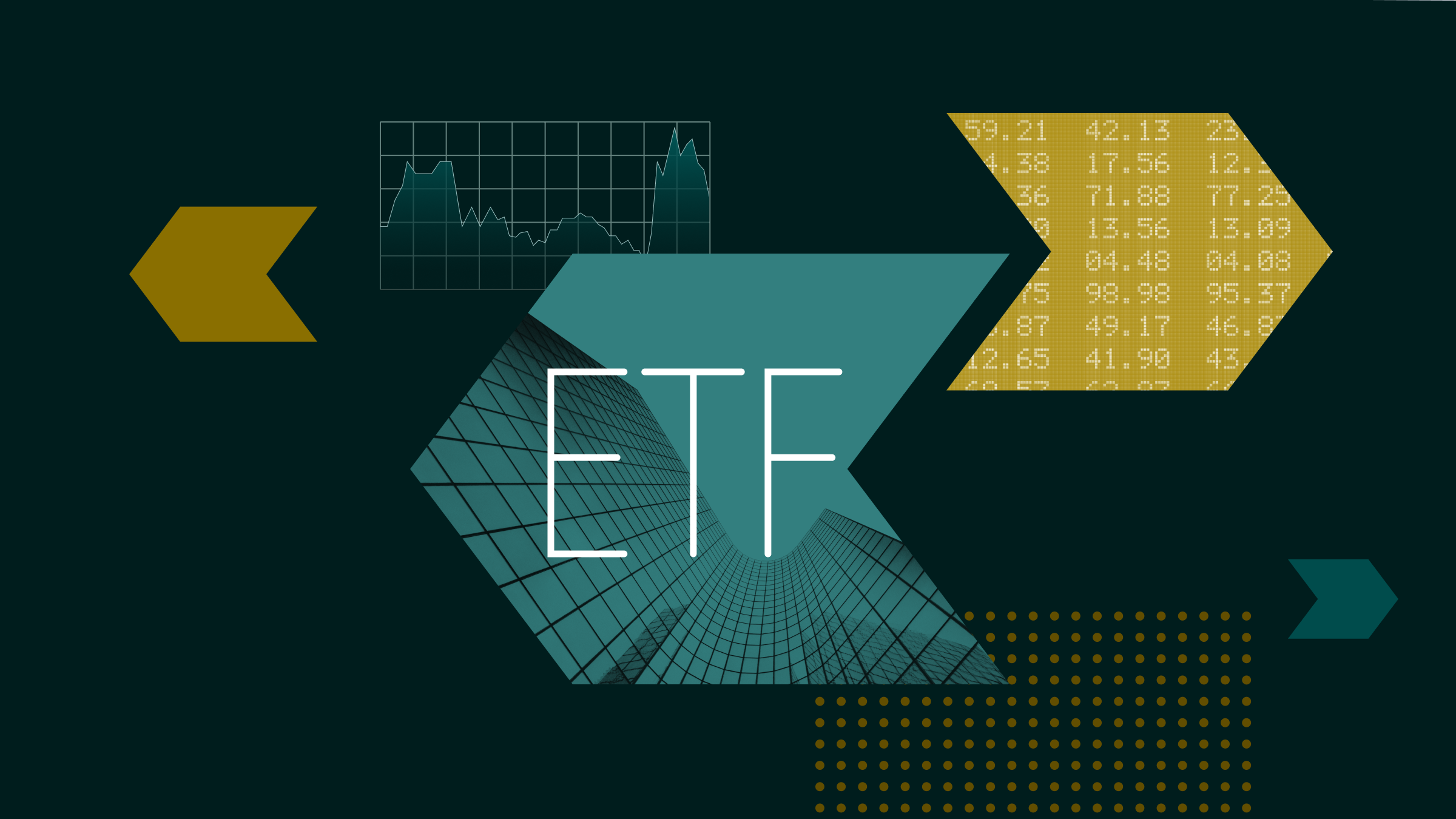
Sometimes it seems better to know where you stand than to stagger on in uncertainty. That is the only explanation I can see for the remarkable 13% leap in Capita’s (CPI) share price when it announced an extremely unattractive rights issue.
We had known one was coming since January 31, when the dividend was suspended, and the shares, already heavily battered over the past two years by three profit warnings and numerous disappointing trading updates, had drifted since then.
The rights issue is every bit as bad as one might have feared. Shareholders are asked to buy three new shares for every two already held. To get such a large issue away requires a hefty discount to the prevailing stock market price, in this case more than 50%.
The rights will cost 70p a pop compared with a market price of 160p immediately before the announcement and 181p immediately afterwards. That leap, in my view, was a great opportunity for shareholders to cut their losses and get out. It is admittedly possible that turnaround specialist Jon Lewis, the chief executive brought in last year, will do the trick but it could be a long wait without any guarantee of success. For my part, I’d rather invest in something more boring.
If you do decide to take a chance and cling on, be sure to take up the rights, even if it feels like throwing good money after bad. If you really do think Capita shares are worth 180p there is no sense in passing up the chance to get them at 70p.
Persimmon Vote a Missed Opportunity
That was a great trading update from housebuilder Persimmon (PSN) at its AGM. Trading has been robust so far in 2018 and the forward sales position is very strong.
Perhaps these words persuaded a few shareholders from doing their duty when the remuneration report came up for approval. Yes, that’s the notorious report that says it’s all right to pay outrageous bonuses to executives.
The report was approved by 51.5% to 48.5%, but only because 30.9% abstained. This was a massive issue, not only for Persimmon but also for the whole stock market. It was a dereliction of duty, particularly on the part of institutional shareholders, to fail to make a commitment one way or the other.
The board can now claim that this draws a line under the debate. Those who abstained effectively cast a vote for corporate greed.
When Stability Rings Alarm Bells
There was a somewhat disturbing word that appeared twice in the update from housebuilder Taylor Wimpey (TW.): stable. We have got so used to housebuilders growing relentlessly over the past eight or nine years that stable sounds about as appealing as it did when Theresa May used the word in the General Election.
There have been many Cassandras warning of the imminent demise of the UK housing market. My voice has not been among them. While the London market has undoubtedly tailed off, I see no sign yet of asking prices falling significantly in the capital. Meanwhile, the rest of the UK is playing catch-up and will continue to do so.
The sector suffered badly during the March snowstorms, with building work delayed and prospective buyers preferring their own firesides rather than stare at frozen foundations, so some setback was to be expected.
Yet I can’t get away from the fact that in the first four months of 2018 Taylor Wimpey reported lower sales, a smaller order book and higher cancellation rates.
TW’s shares have slipped from 210p at the start of the year to 190p. I hold shares in three housebuilders, including TW, and have no intention of selling at this stage. However, the best days for buying housebuilders’ shares in the current economic cycle have long gone. I would not recommend buying into the sector now.
Rodney Hobson is a long-term investor commenting on his own portfolio; his comments are for informational purposes only and should not be construed as investment advice, nor are they the opinions of Morningstar.





























